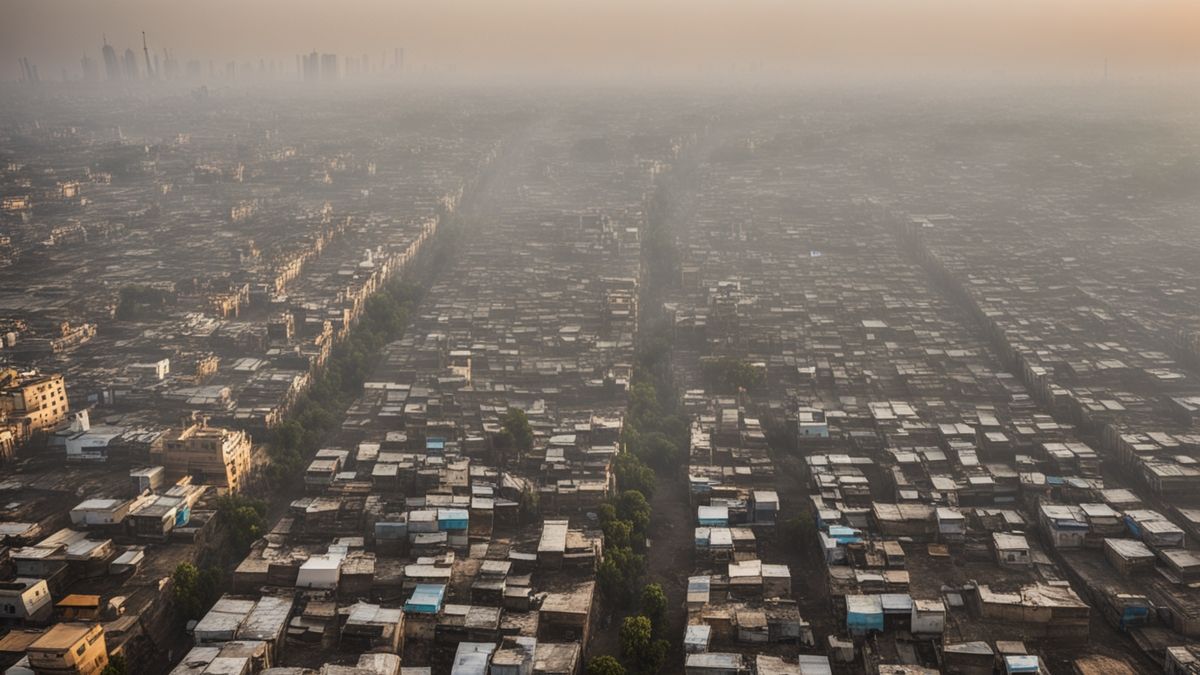
The global air quality assessment for 2023 has revealed stark contrasts among the world’s capitals, with New Delhi, Dhaka, Hanoi, and Abu Dhabi facing severe air pollution challenges, while Reykjavik and Canberra set benchmarks for clean air. This comprehensive analysis underscores the ongoing battle against air pollution and highlights the necessity for urgent environmental action.
Severe Pollution in Capitals
New Delhi has once again topped the list of the world’s most polluted capitals, marking a distressing milestone for the fourth consecutive year. According to reports, the PM2.5 levels in Delhi have escalated from 89.1 to 92.7 micrograms per cubic meter, far exceeding the World Health Organization’s safe limits. Dhaka, Hanoi, and Abu Dhabi have also been identified as cities grappling with critical air quality issues, mainly attributed to industrial emissions, vehicular pollution, and in some cases, geographical disadvantages that hinder the dispersion of pollutants.
Beacons of Clean Air
On the brighter side, Reykjavik and Canberra have emerged as examples of urban environments with exceptionally clean air. These cities have achieved their status through rigorous environmental policies, including the promotion of renewable energy sources, strict vehicle emissions standards, and the preservation of green spaces. Their success demonstrates that effective policy and community engagement can significantly improve air quality, offering a healthier life for their citizens.
Implications and Future Outlook
The contrasting air quality in global capitals underscores a growing divide between cities that have successfully implemented environmental measures and those still struggling with pollution. This disparity highlights the urgent need for international cooperation and investment in sustainable technologies and infrastructure. As the world moves forward, the experiences of cities like Reykjavik and Canberra could serve as valuable blueprints for others aiming to tackle air pollution, ultimately paving the way for a cleaner, healthier global environment.





































